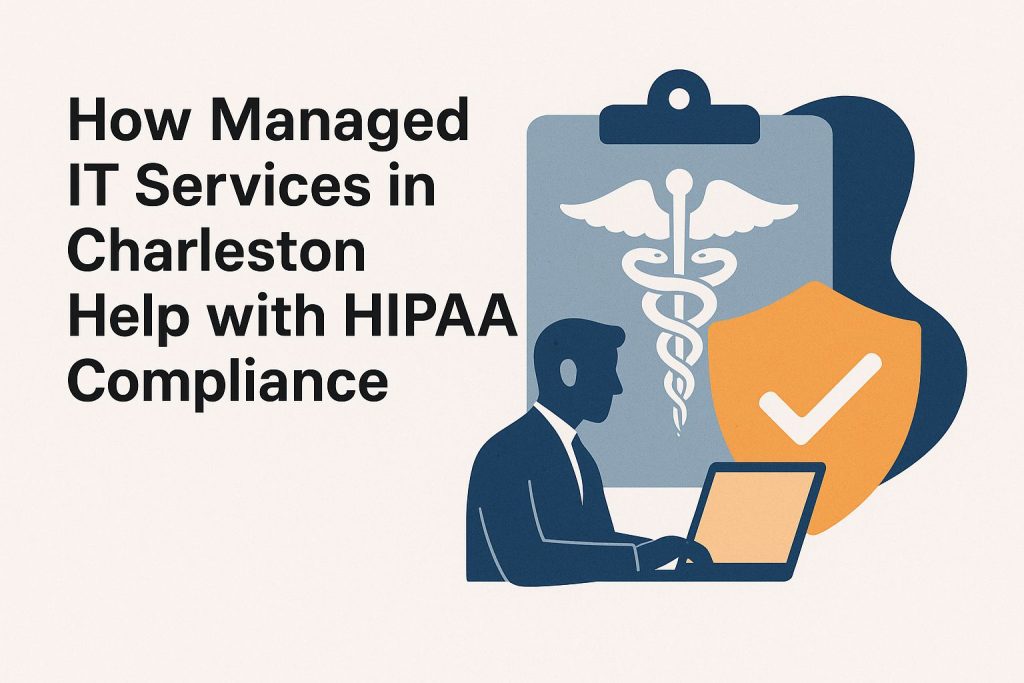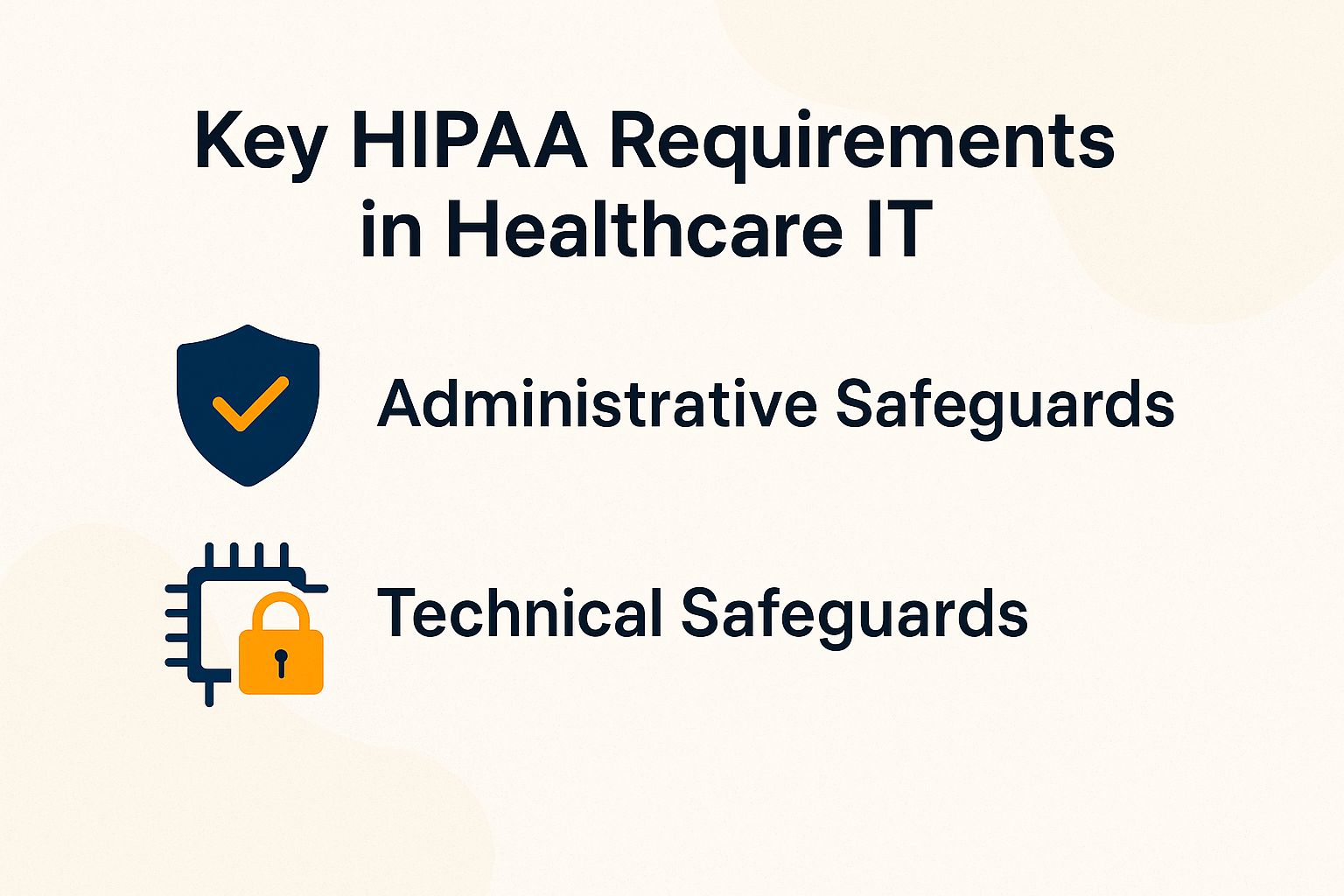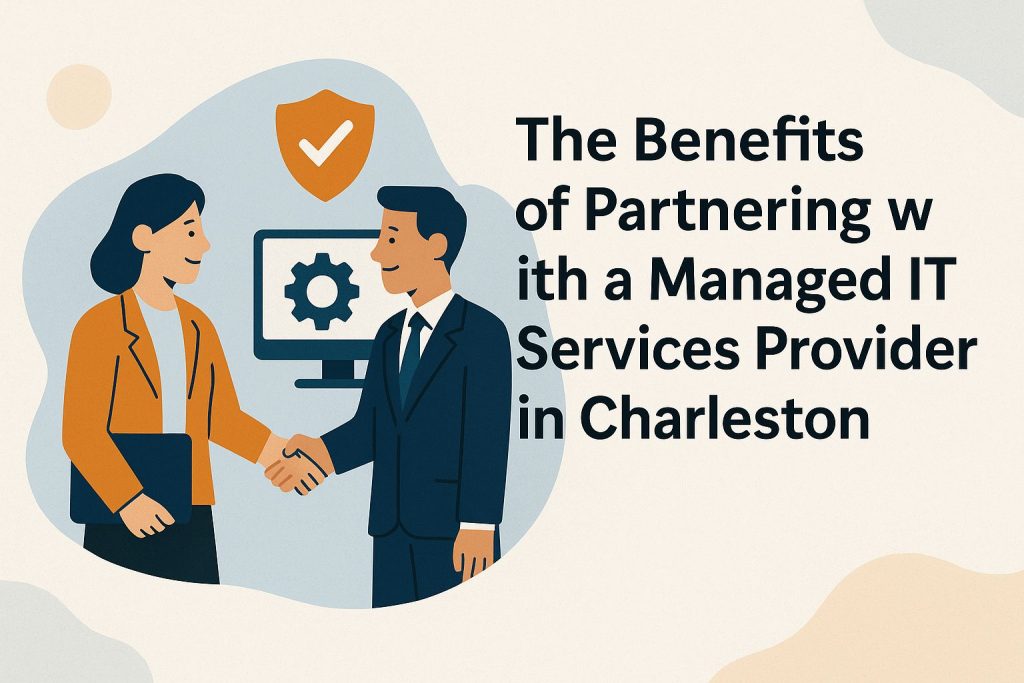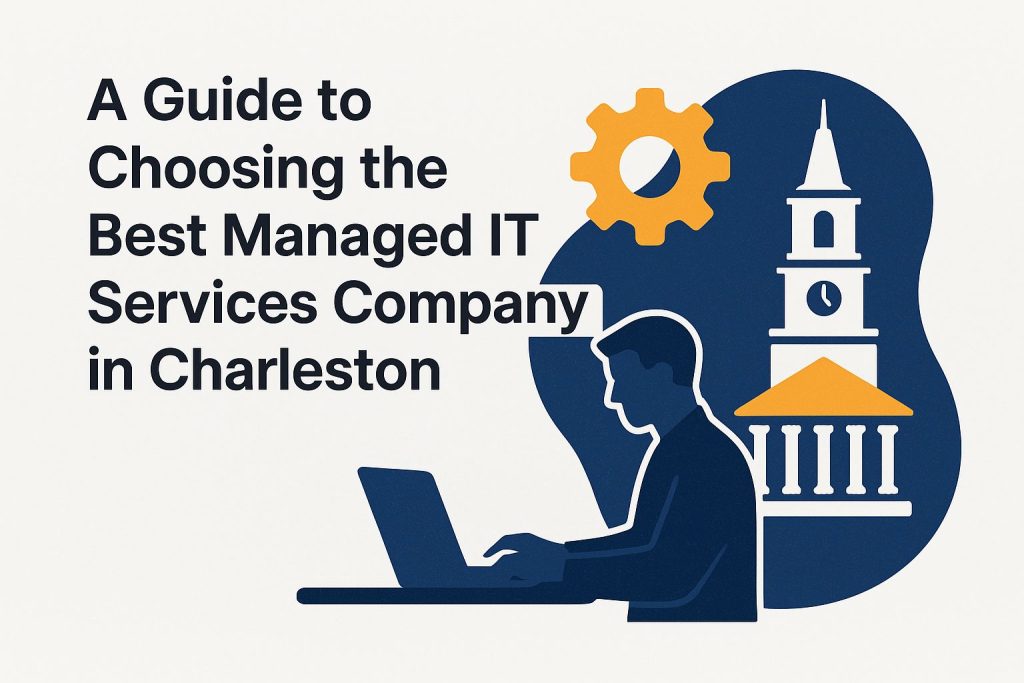How Managed IT Services in Charleston Help with HIPAA Compliance

In an era where patient data security is paramount. Healthcare organizations must follow HIPAA compliance standards. Managed IT services in Charleston are crucial for understanding these regulations. This discussion explores HIPAA requirements and safeguards. It highlights how specialized IT support ensures compliance and enhances operational efficiency. Partnering with the right managed service provider could safeguard sensitive health information.
Role of Managed IT Services
Managed IT services offer healthcare organizations the essential IT infrastructure and support required to maintain HIPAA compliance effectively, enhancing data security and business continuity. For healthcare businesses based in Charleston, understanding the specific IT support services available can be crucial, see our Charleston IT Support Services for Healthcare Businesses for detailed insights.
Understanding Managed IT Services
Managed IT services include many services, including 24/7 monitoring, data protection, and compliance management specifically designed for healthcare providers. These services reduce administrative and operational burdens for healthcare organizations.
For example, a robust network security solution is essential for safeguarding sensitive patient data against cyber threats, so healthcare professionals can focus on patient care rather than IT-related concerns. Backup solutions further enhance this security by protecting critical data from loss or corruption, often leveraging cloud technology to facilitate easy recovery.
Additionally, compliance audits and IT compliance audits assist organizations in meeting HIPAA regulations, thus minimizing legal risks while fostering trust among patients.
Overall, managed IT services streamline operations, reduce costs, and enhance the quality of service provided in the healthcare sector through IT consulting and secure communications.
Key HIPAA Requirements in Healthcare IT

Understanding key HIPAA requirements is essential for healthcare organizations to maintain compliance and effectively safeguard patient data.
Ensuring adherence to these regulations not only protects sensitive information but also builds trust with patients and stakeholders through good IT strategies and risk assessments.
Administrative Safeguards
Administrative safeguards are crucial for HIPAA compliance. They focus on policies, procedures, and employee training to protect patient information.
The effective implementation of these safeguards begins with comprehensive workforce training programs, which may utilize tools such as Compliancy Group to track compliance efforts. Regular risk assessments are also necessary to identify vulnerabilities related to the handling of patient information.
Organizations must establish clear IT policies regarding data access and sharing, ensuring that only authorized personnel have access to sensitive information, thus supporting data loss prevention.
Periodic auditing is critical, enabling organizations to evaluate the effectiveness of their safeguards and make any necessary adjustments. This combination of training, assessment, policy enforcement, and auditing creates a strong foundation for maintaining compliance.
Technical Safeguards
Technical safeguards involve leveraging technology solutions to secure electronic health records, ensuring the confidentiality of patient information.
To implement effective technical safeguards, organizations should consider utilizing encryption software such as Symantec Encryption or VeraCrypt, which provides protection for data both at rest and in transit, as part of a comprehensive data encryption strategy.
Access controls must be established to restrict who can view or modify patient data, often employing role-based access control (RBAC) systems. Additionally, regular audit controls should be instituted to track data access and modifications, to help find unauthorized access attempts.
These measures are essential for data security. However, managing encryption keys and ensuring user compliance can complicate implementation.
Benefits of Managed IT Services for HIPAA and Healthcare Compliance
Managed IT services offer several advantages. They enhance compliance support, reduce the risk of data breaches, and improve operational efficiency for healthcare organizations. Outsourcing IT management helps organizations follow HIPAA regulations. It also reduces the workload on internal staff.
For example, a provider like Compliancy Group helps maintain audit readiness. This can reduce costly fines by up to 30%. Additionally, tools like SentinelOne improve cybersecurity. They reduce the risks of data breaches with advanced threat detection.
This strategic combination not only optimizes resources but also drives operational efficiency, enabling healthcare teams to concentrate on patient care rather than IT-related issues. If interested, healthcare organizations might explore how managed IT services support can further enhance their operational capabilities.
Choosing the Right Managed Services Providers in Charleston
Choosing the right managed IT services provider in Charleston is essential. This is important for healthcare organizations seeking effective HIPAA compliance.
Organizations should evaluate providers based on specific criteria. They should prioritize experience in healthcare because industry familiarity is crucial. Check client references to assess reliability and service quality.
Additionally, confirm that the provider holds relevant compliance certifications. Examples include HIPAA or HITECH. Local providers, such as Atlantech Online, specialize in healthcare IT solutions, offering a range of services from data security to disaster recovery. The chosen provider must align with both technical requirements and organizational goals. This ensures seamless integration, as highlighted in our overview of Charleston IT Support Services for Healthcare Businesses.
Frequently Asked Questions
What are Managed IT Services in Charleston? How do they help with HIPAA Compliance and Cybersecurity?
Managed IT Services in Charleston help businesses manage and maintain technology systems. They also help ensure compliance with HIPAA regulations. These regulations require healthcare organizations to protect patient information.
What types of IT services do Managed IT Services in Charleston offer to help with HIPAA compliance?
Managed IT Services in Charleston offer various services. These include network security, data backup, secure email systems, and regular maintenance for HIPAA compliance. They offer 24/7 monitoring to quickly identify and address security breaches.
How do Managed IT Services in Charleston protect patient data in accordance with HIPAA regulations?
Managed IT Services in Charleston use encryption, firewalls, and access controls to secure patient data. They regularly back up data to ensure recovery in case of a disaster. Additionally, they can provide training and education for employees on HIPAA compliance best practices.
Do Managed IT Services in Charleston provide HIPAA compliance assessments?
Yes, Managed IT Services in Charleston conduct HIPAA compliance assessments. They identify weaknesses and recommend improvements. This helps healthcare organizations meet necessary requirements and avoid fines.
Can Managed IT Services in Charleston help with ongoing HIPAA compliance maintenance?
Yes, Managed IT Services in Charleston help maintain HIPAA compliance. They regularly monitor systems, provide updates, and train employees. This helps healthcare organizations stay updated with the latest HIPAA regulations and avoid compliance issues.
How can healthcare organizations benefit from using Managed IT Services in Charleston for HIPAA compliance?
Using Managed IT Services in Charleston for HIPAA compliance saves time and resources. Organizations can outsource their IT needs. They reduce the risk of non-compliance and protect patient information. This builds trust with patients and improves reputation.




